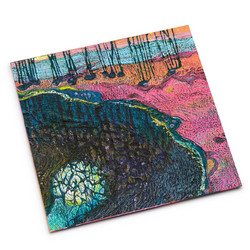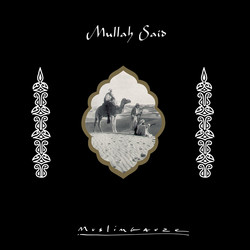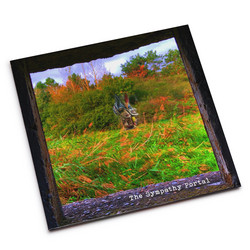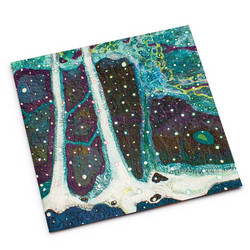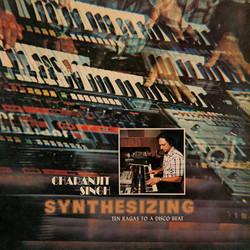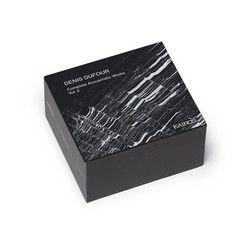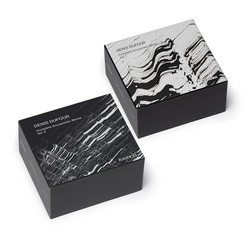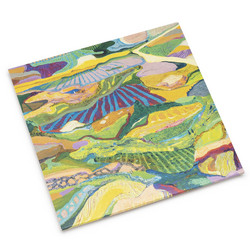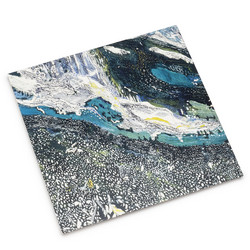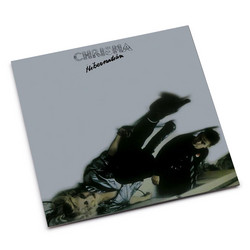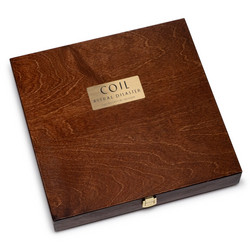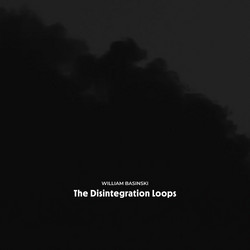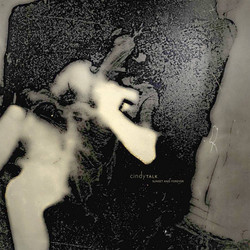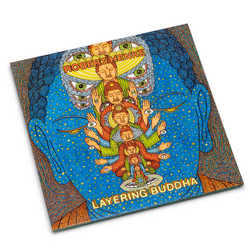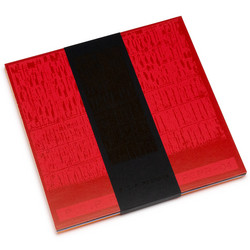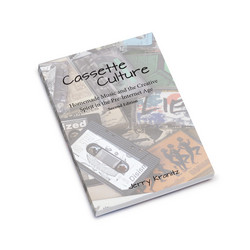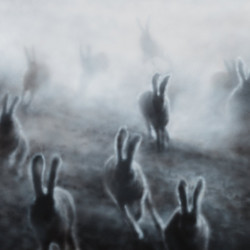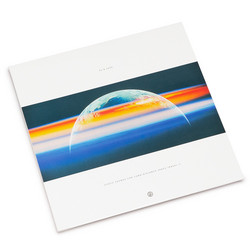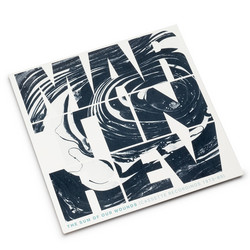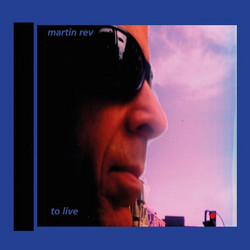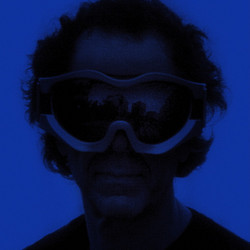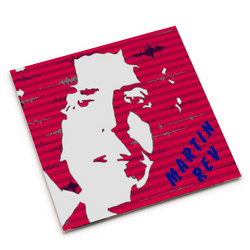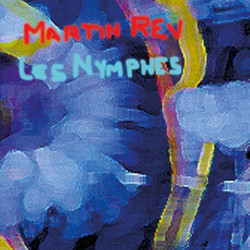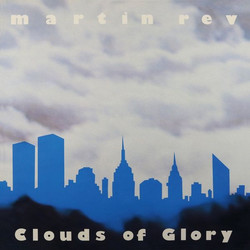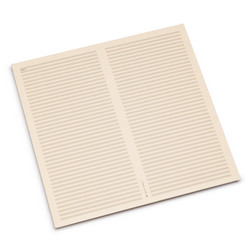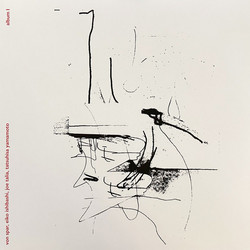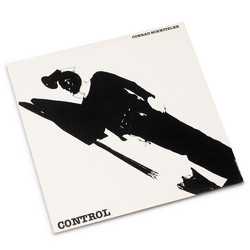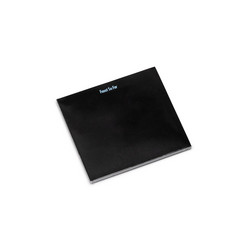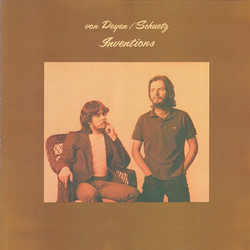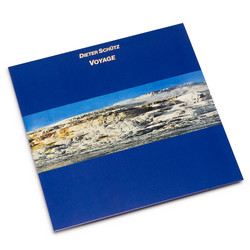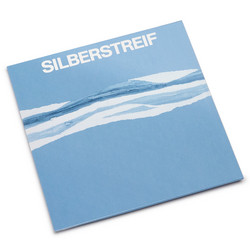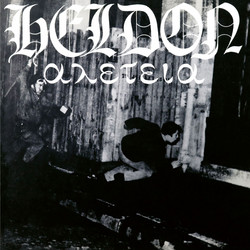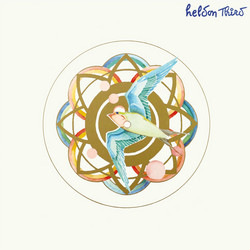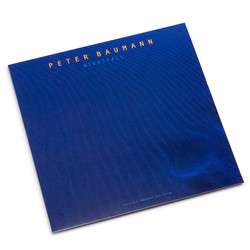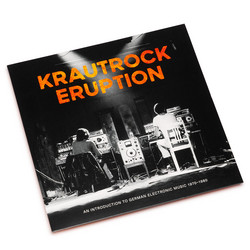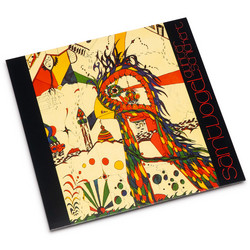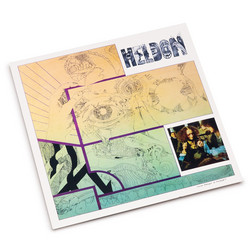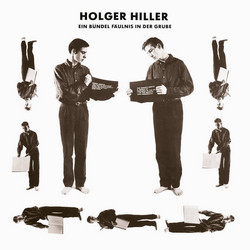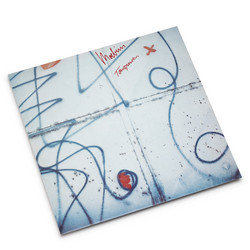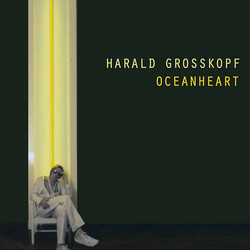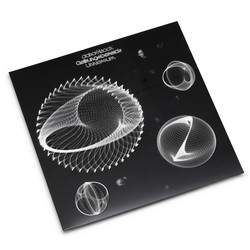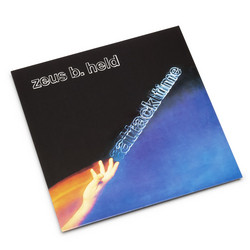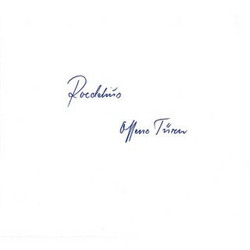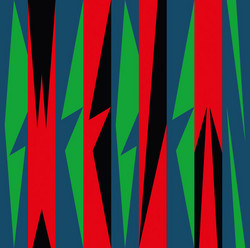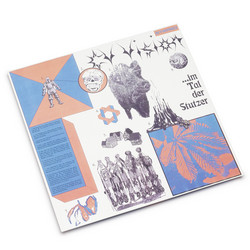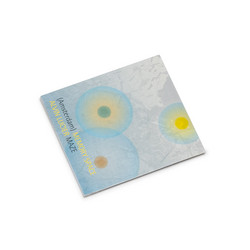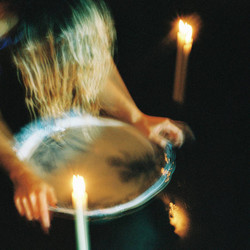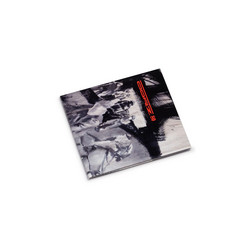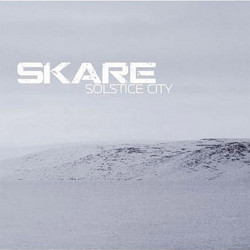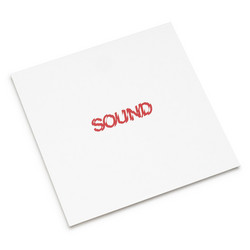1
Bureau B present a reissue of Martin Rev's Cheyenne,
originally released in 1991. The sphere of Martin Rev's influence and
the relevance of his music may well be related to the fact that he was
one of the first artists who succeeded in grasping the abstraction of
electronic music, infusing it with a sense of immediacy built on raw
energy. Whilst the likes of La Monte Young, Terry Riley, Steve Reich, Philip Glass, and Kraftwerk
were busy digging in the electronic music garden, Martin Rev found
inspiration in the streets of New York. Rev's music is informed by
characteristic influences of the city, a place where doo-wop harmonies
intermingle with the hiss and hum of the metropolis, dissolving into a
collage of noise. So it is that dreamy, chiming melodies blur into
ominous whirrs and drones emanating from rhythm machines and layers of
distorted synthesizer. This polarity between convergence and alienation
describes something deeply American, as reflected in the track names and
the cover image of a rodeo rider: "The idea came from the way the
tracks sounded as instrumentals. They took on a different visually
descriptive dimension, even more so in combination. The visualization
was an immediate soundscape of the American landscape. That's where the
titles and cover came from." Many of the pieces found on Cheyenne can be traced back to the sessions for the second Suicide album Alan Vega / Martin Rev (1980) which was produced by Ric Ocasek, singer for The Cars.
Almost a decade passed before Martin Rev got around to editing and
developing the material. "Most of the album was recorded in 1980, but
the remaining few tracks from 1988 into the early '90s. The '80s tracks
all went under a concerted editing process, to make them work for me
even better as instrumentals. I didn't get around to that until there
was an offer to release them, which was in the early 90's as well."
Indeed, Cheyenne plays out like a rural, yet intense road movie, crossing a landscape rich in beauty and contradictions.
Details
Cat. number: BB 317LP
Year: 2019
